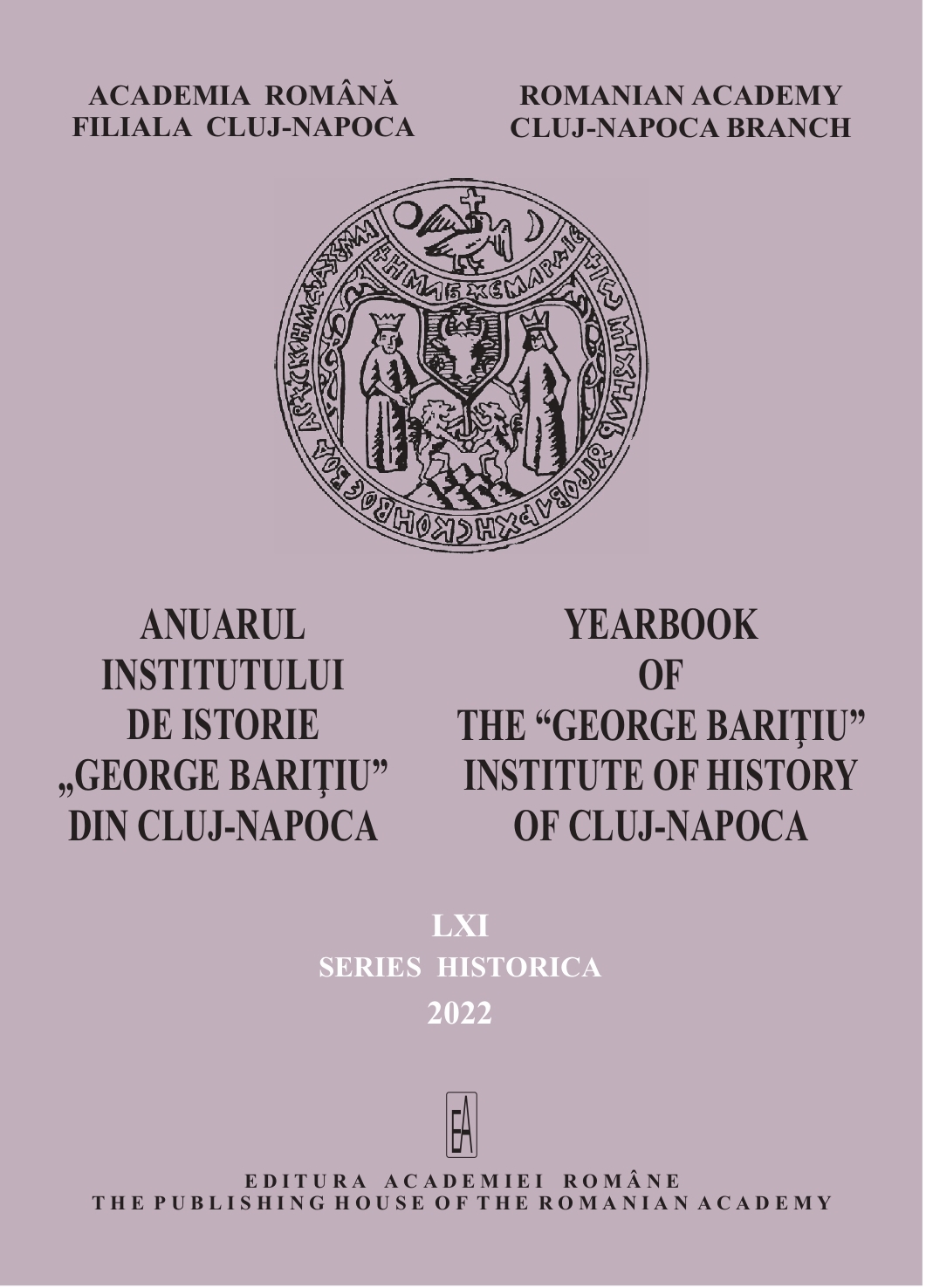Negustorii și geneza comunității urbane în Bistrița (secolul
al XIV-lea)
Merchants and the Genesis of the Urban Community in Bistrița (14th Century)
Author(s): Lidia GrossSubject(s): Diplomatic history, Economic history, Local History / Microhistory, Social history, 13th to 14th Centuries
Published by: Editura Academiei Române
Keywords: Bistrița; merchants; urban community; urban autonomy; privilege;
Summary/Abstract: The present paper intends to approach the genesis of Bistrița’s community and urban autonomy from a new perspective, namely that of the role played by merchants in this process. The analysis of documents, correlated with historiographical approaches, reveals the importance of this economic-social group in the substantiation of specific institutions and of self-administration in Bistrița over the 14th century; they represent the patriciate engaged in commerce (especially in long-distance trade), so their interests converged towards acquiring and consolidating an administrative and legal framework favorable to their own activity. It is no coincidence that the town owed its royal privileges in this century to them, members of the Hennings and Göbels, two patrician families whose trading business was flourishing at the time, being recorded in these documents as civis or iuratus civis.The study revolves around a document (considered false by Maria Holban) issued by Louis I, King of Hungary, in 1361 at the request of cloth merchants from Bistrița; this document illustrates their membership in a privileged social group, the patriciate (similar to merchants of cloth from the cities of the Holy Roman Empire of German descent), as well as their importance in the economic life of the settlement.
Journal: Anuarul Institutului de Istorie »George Bariţiu« - Series HISTORICA
- Issue Year: LXI/2022
- Issue No: 61
- Page Range: 341-364
- Page Count: 24
- Language: English, Romanian

